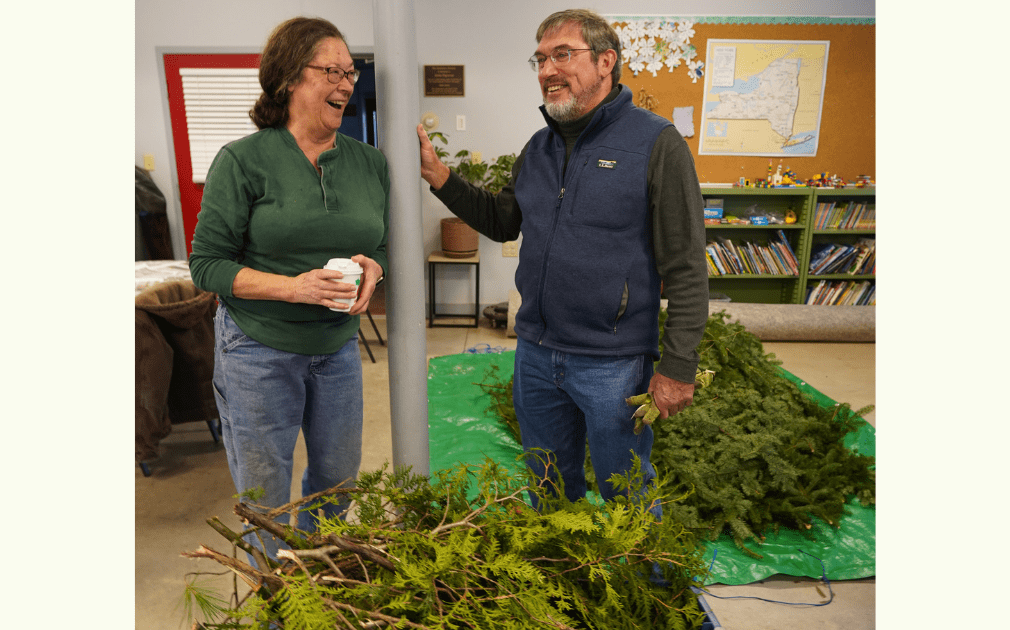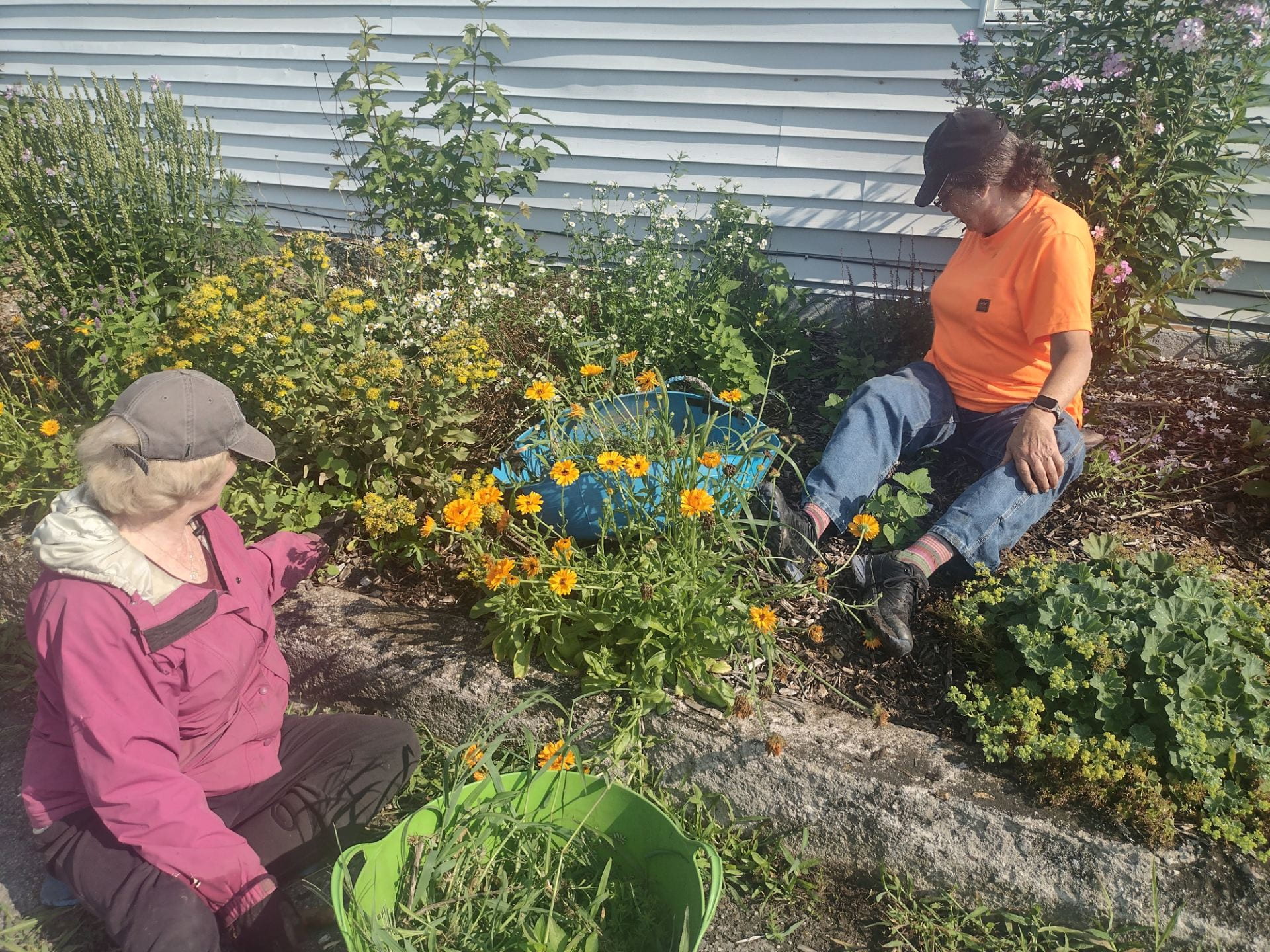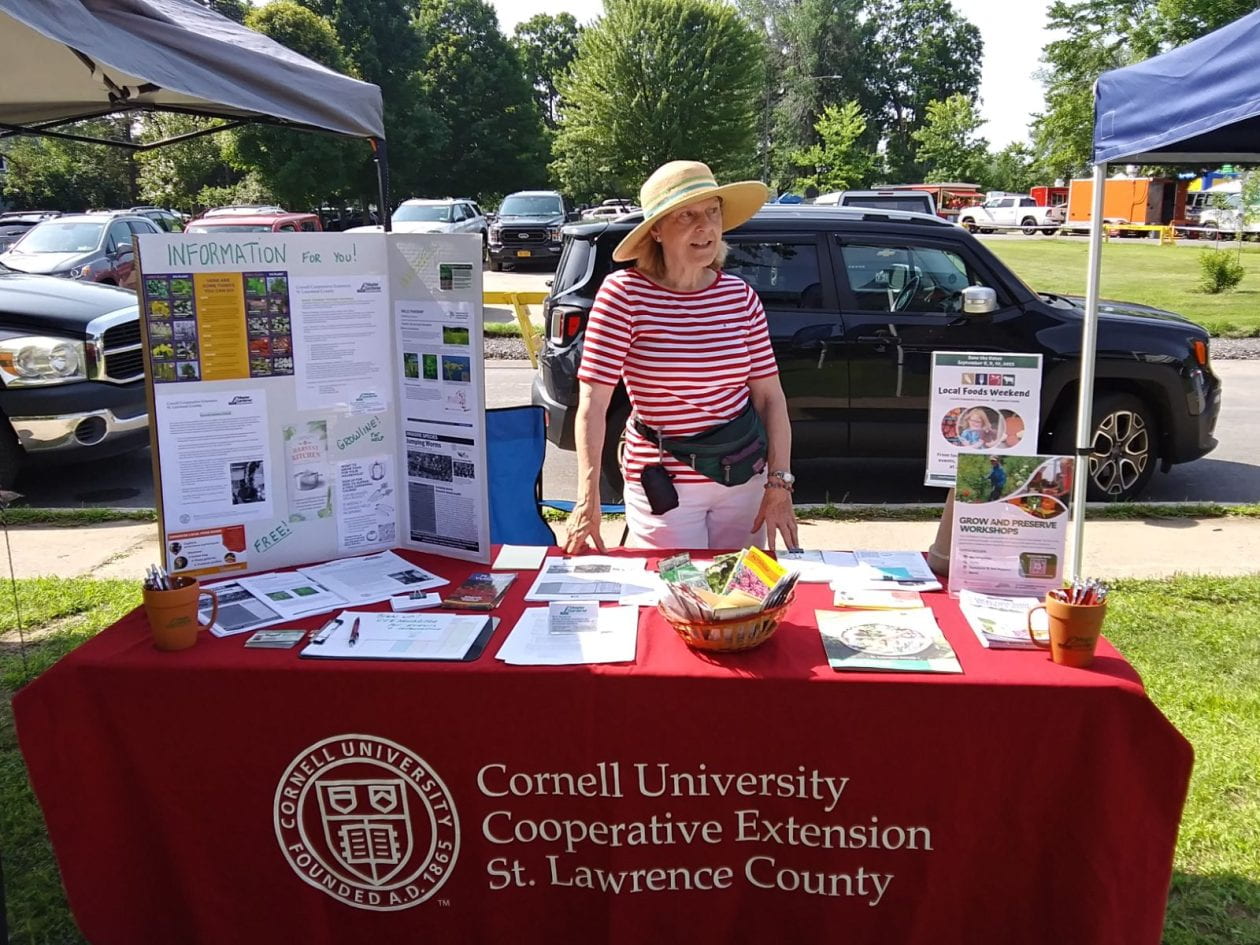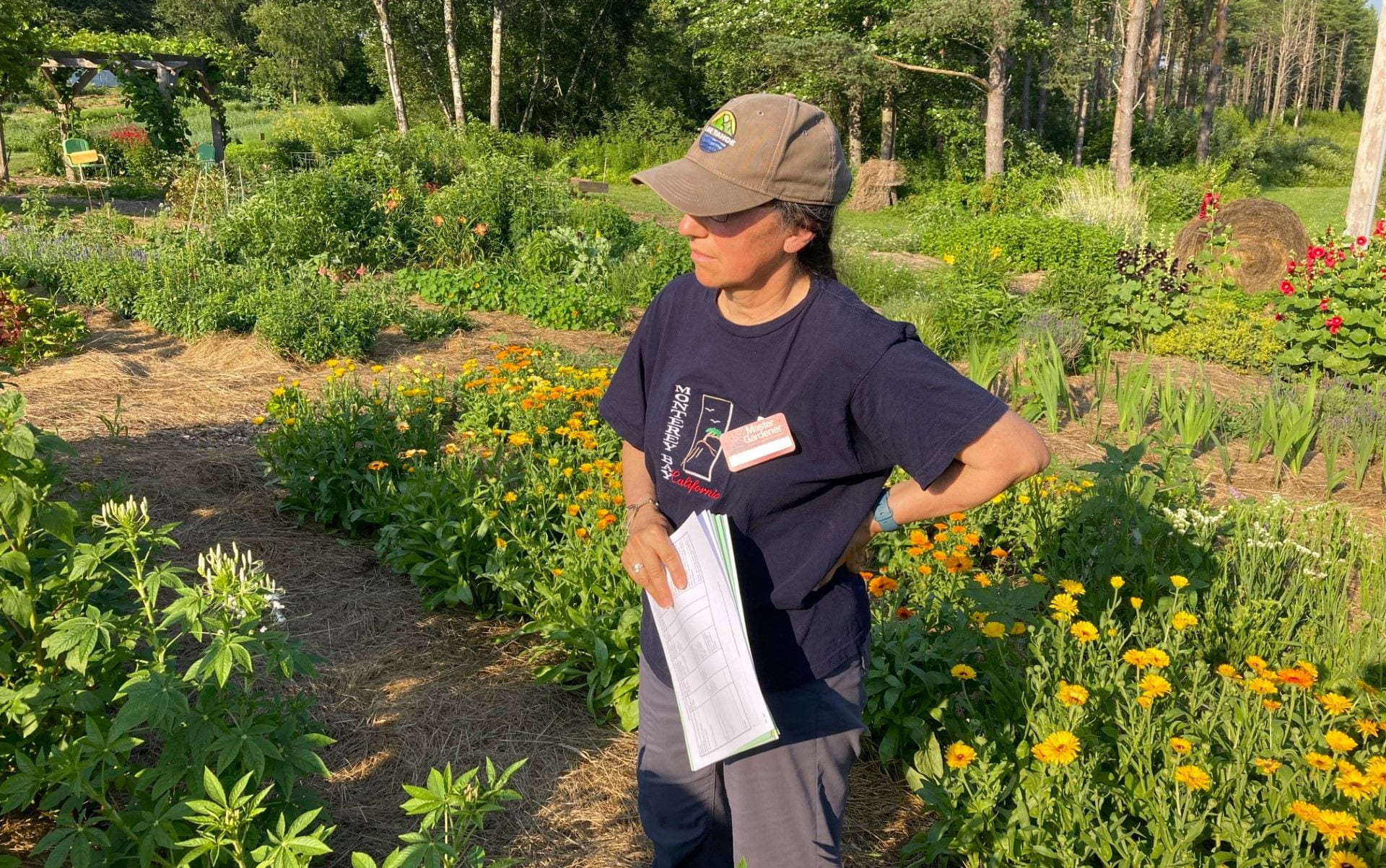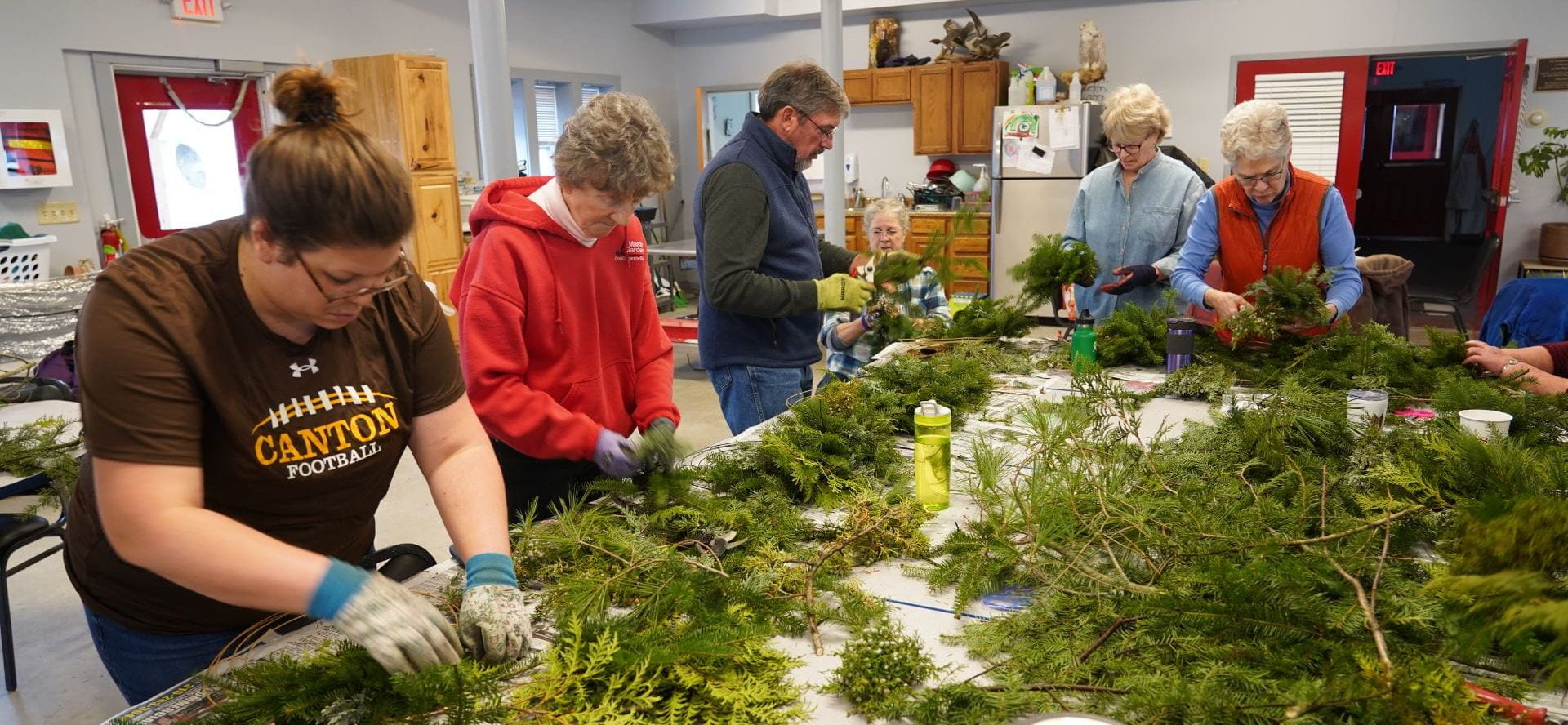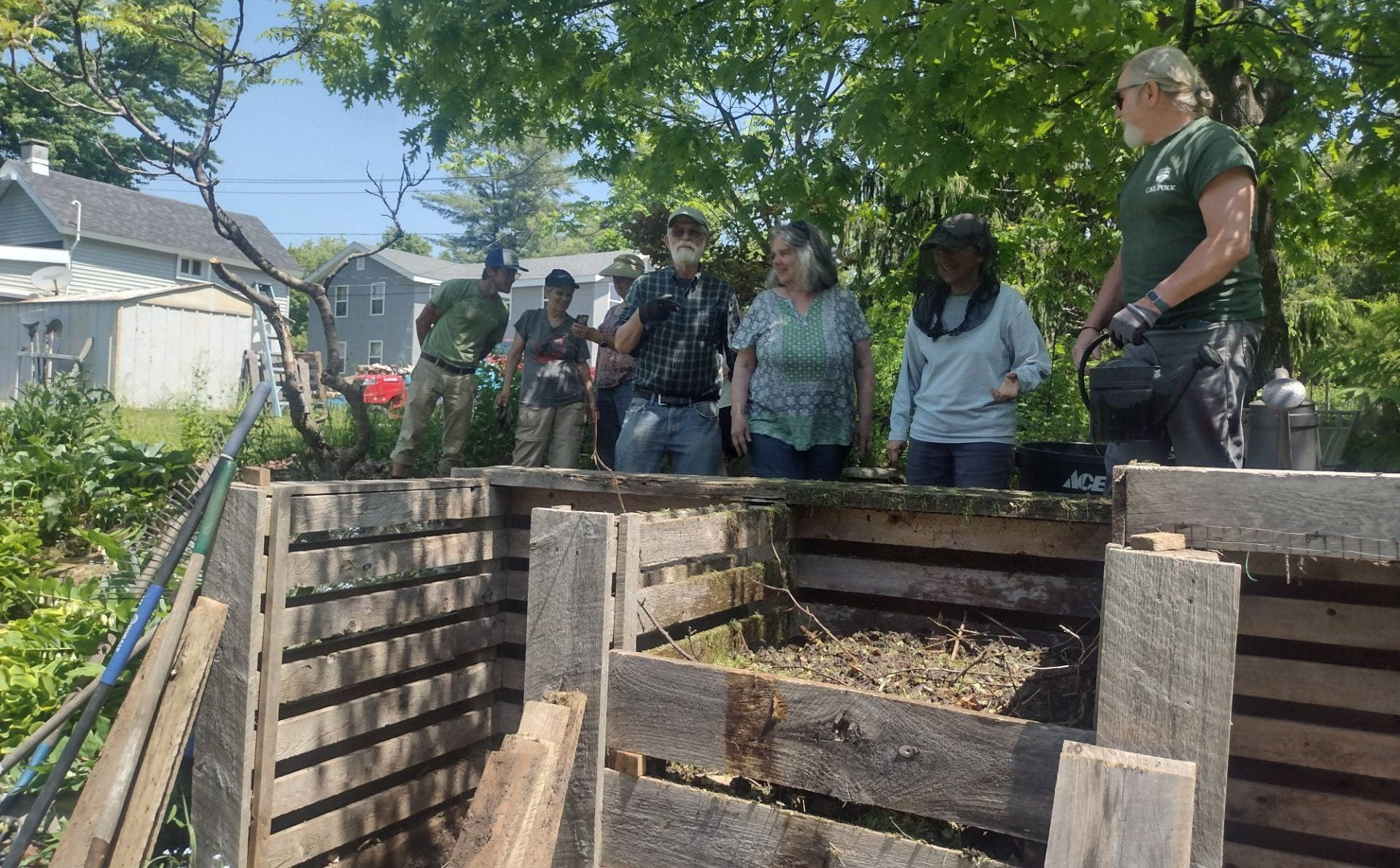One of the great things about food preservation is the freedom to choose both foods and methods that suit our lifestyle. Over the years, I’ve enjoyed pickling vegetables, especially cucumbers, but then they sit on the shelf because I’m not excited about eating them. Nor do I usually eat the jams, jellies, or relishes I make and can. This year, I am focusing on choosing vegetables that I am confident I can preserve in ways that will appeal to me during the winter months. In this post, I’ll share some tricks I’ve learned over the years to grow and preserve foods I like. The Resources section at the end of this post includes links to get thinking about your garden.
Some preserving methods I’ve used in the past include both boiling water bath and pressure canning, pickling, dehydrating, freezing, and fermenting. I know right away that I’ll skip fermenting this year. I know, I know—probiotics, gut health, etc. I’ll get with the program someday, but not someday this year. Pickling is a tad up in the air, too, but I know for sure I will freeze many vegetables, with some canning and dehydrating thrown in the mix.
Last year I planted herbs for the first time in many years, and I was glad to freeze them to spice up winter meals. I prefer freezing herbs because they taste fresher than dried herbs, although I do have some dill and sage hanging around in the kitchen. I tried freezing herbs in a silicon mold and then storing them in baggies. I found I preferred these because they were not as messy as the loose herbs, which stick to my fingers when I use them. Plus, herbs frozen in molds [or ice cube trays] can be pre-measured.
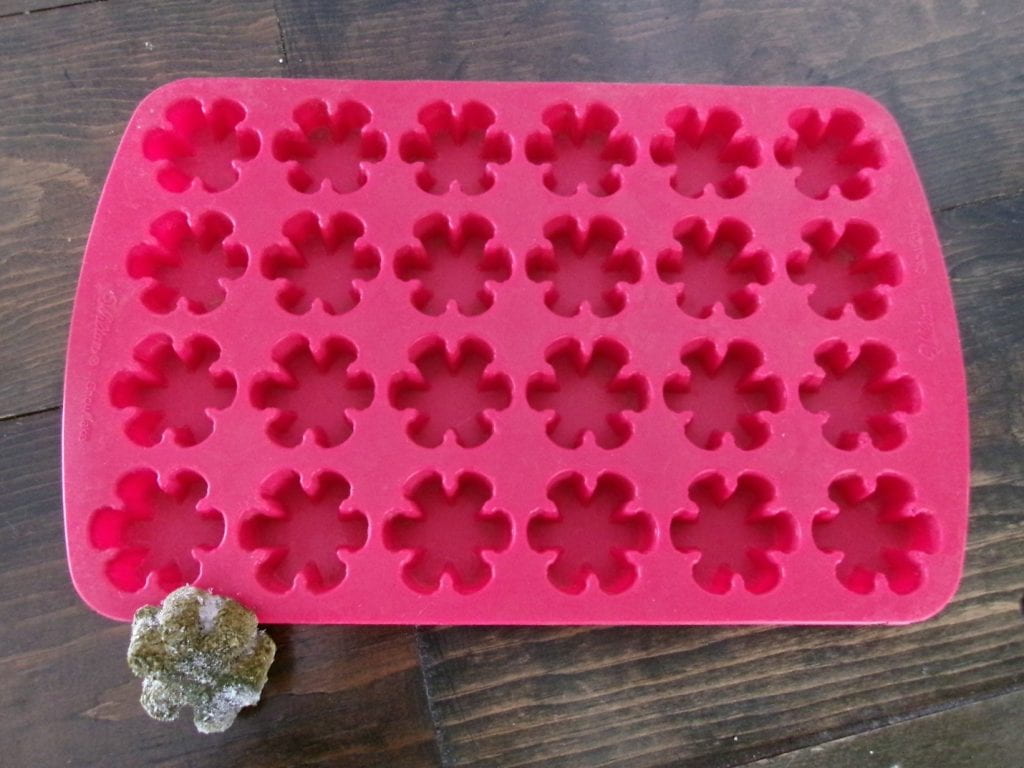
Although technically not a “preservation” method, I dug up and repotted basil and parsley plants, both of which did well in my kitchen window. Snipping fresh herbs for recipes and garnish feels very Martha-like. This year, I will plant basil, parsley, and probably oregano with the intention of repotting them to my windowsill.
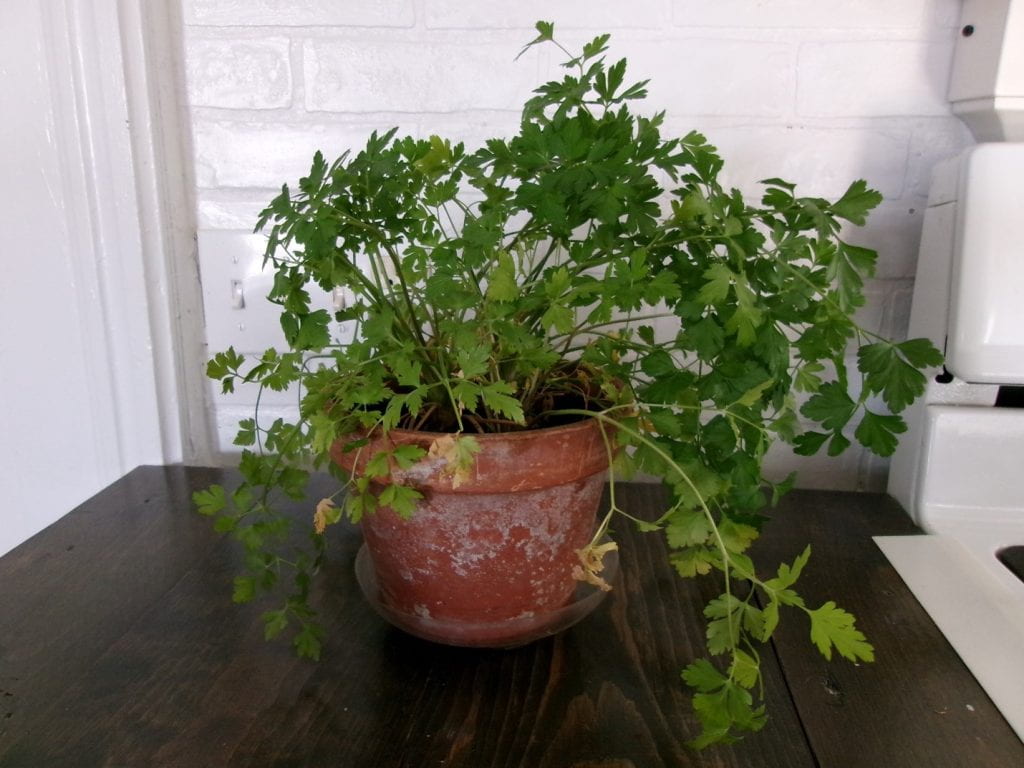
I also like to freeze what I call “flavor packs”, usually for use in soups. I prepare one-pint portions of recipe ingredients, including the vegetables, and leave out anything that does not freeze well, such as potatoes, pasta, and beans. I add those along with any thickening sauce, roux, milk, or cream when making the actual soup. I grow vegetables to make flavor packs for soups such as:

